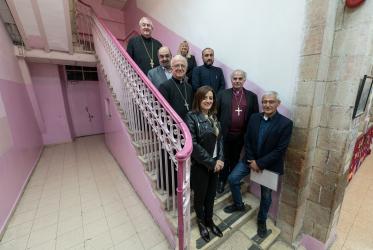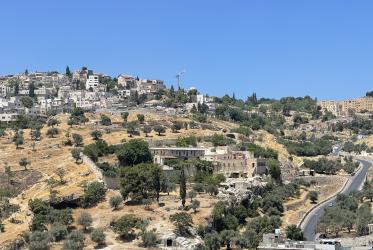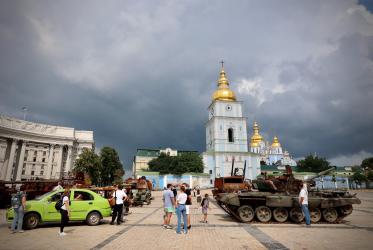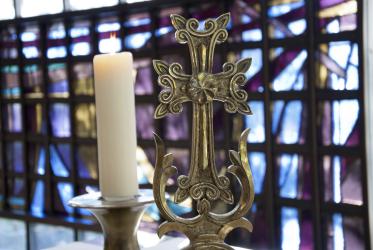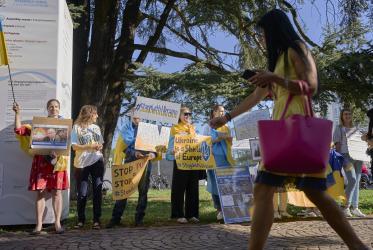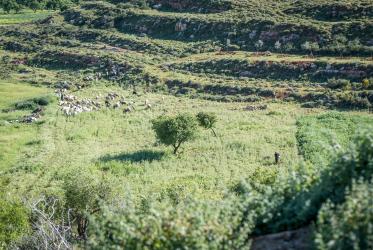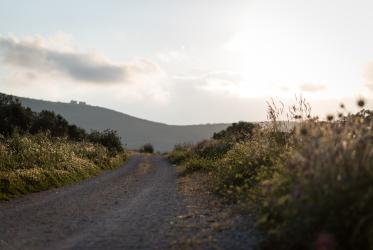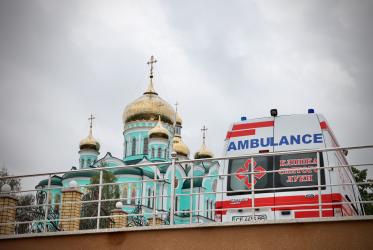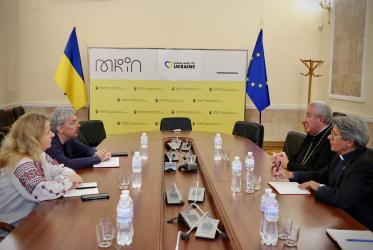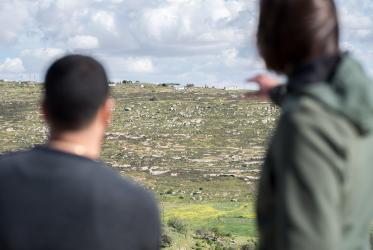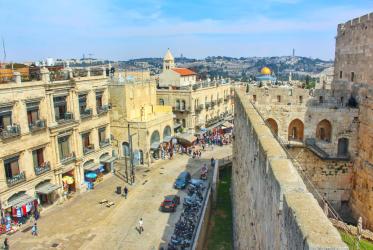Displaying 101 - 120 of 608
WCC acting general secretary visits Moscow
17 October 2022
Ukraine: Responding to humanitarian need
08 September 2022
WCC releases minute on consequences of the 2020 Nagorno-Karabakh war
08 September 2022
“My hope is in you”—youth in the Holy Land carry the future
17 August 2022
Monastery in Ukraine responds to the consequences of war
09 August 2022
